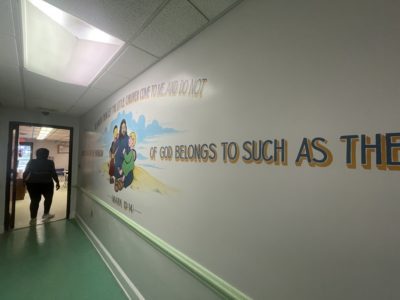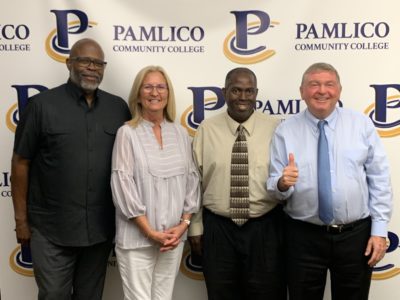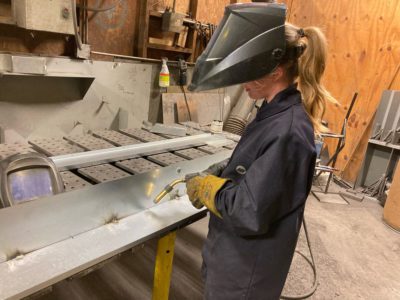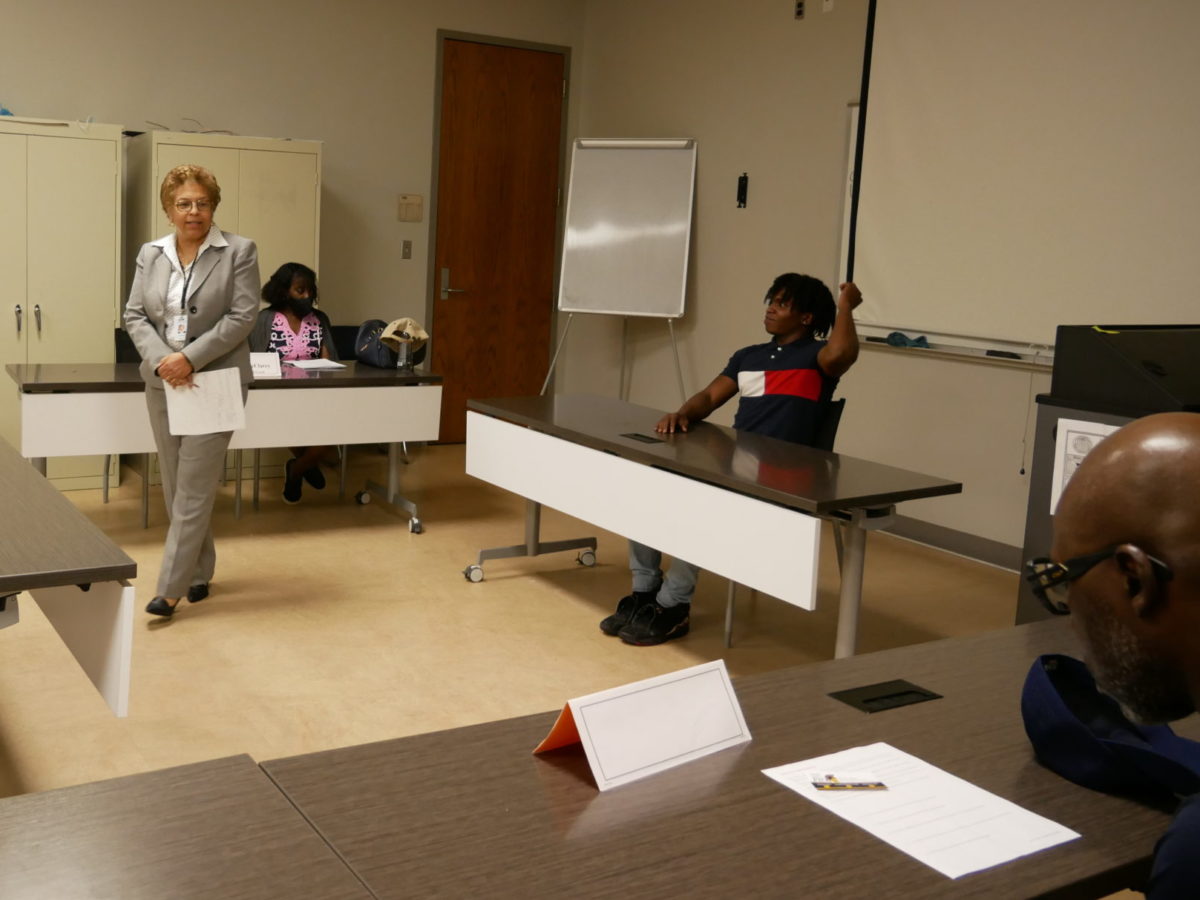
|
|
When Mark Sorrells, who will become the fifth president of Fayetteville Technical Community College (FTCC) next year, was still new to the school, he attended an MLK Day breakfast he never knew would stick out so much in his mind.
A colleague that morning in 2018 introduced Sorrells, senior vice president for academic and student services, to the Cumberland County district attorney and the sheriff.
“We need your help,” Sorrells recalled them saying. “We’ve got an expungement initiative going on, but these individuals that come out with criminal backgrounds can’t get a job … We really need help in training them for jobs in high-need areas.”
“So we went to work,” Sorrells told EdNC. He secured grant funding from Golden LEAF Foundation, his former employer, and talked to local employers to gauge their needs.
In the four years since, seven cohorts of 42 total students have completed Cumberland GROW, an 11-week course for people who have been incarcerated for nonviolent crimes, who are experiencing homelessness or living in shelters, or who have difficulty finding jobs because of low education. Students receive certifications and training in such trades as electrical, HVAC, plumbing, and carpentry — skills Sorrells heard were needed in trades and construction industries.
Sorrells will officially succeed Larry Keen, who has been president of FTCC since 2007, in January 2023, the school announced Monday.
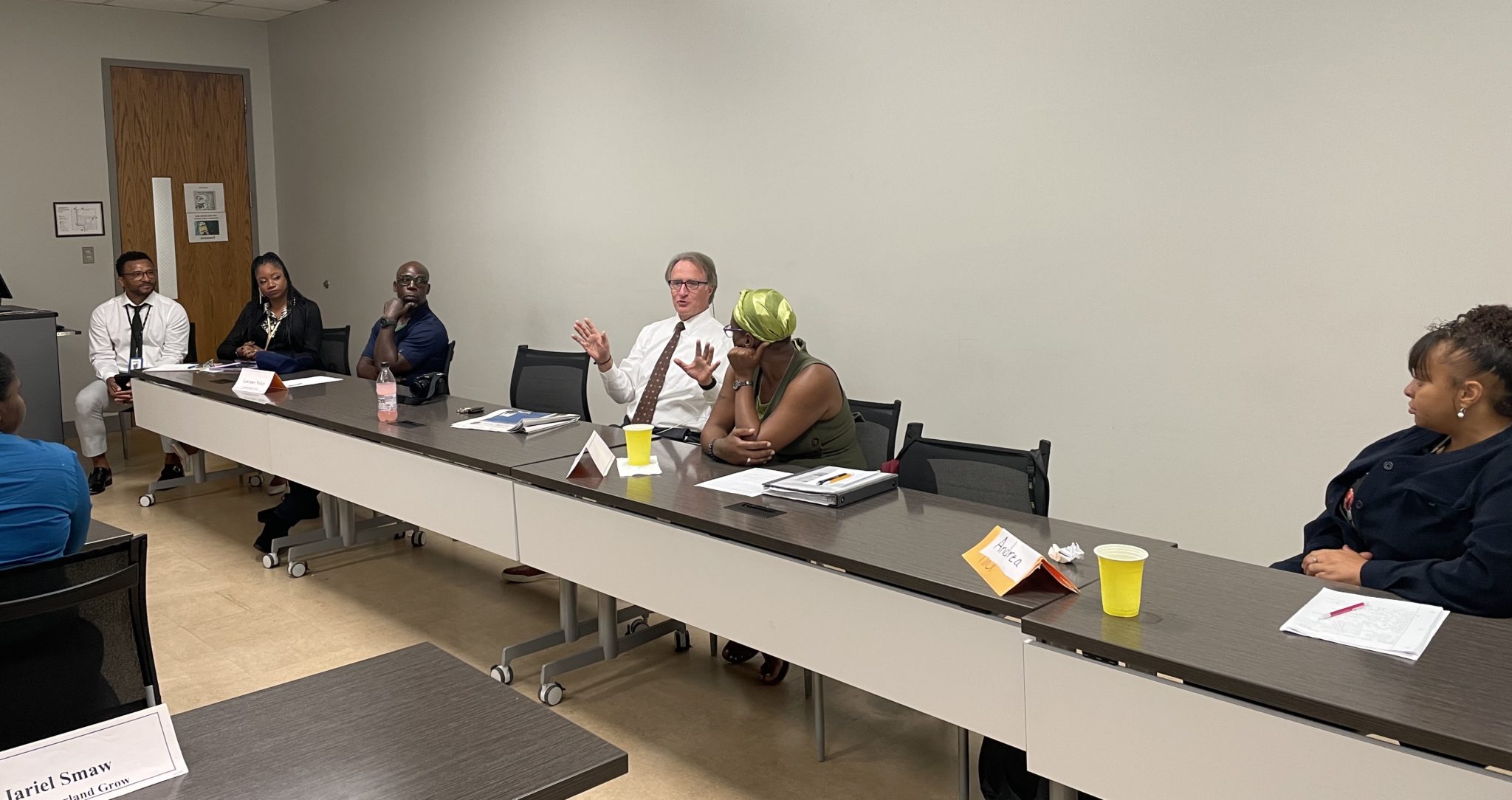
Re-engaging, providing hope
About 70% of students who have enrolled in the program have completed it, 62% have found employment afterward, and another 14% enrolled in a curriculum or certification program at the college to continue their education.
In a recent course, seven of the 10 students enrolled were experiencing homelessness. Four of those students chose to continue their education, one is now working full-time, and another two are participating in a separate program at the college.
And the course’s leaders are starting an on-site jobs training program this month with local shelters Manna Church and Operation Inasmuch.
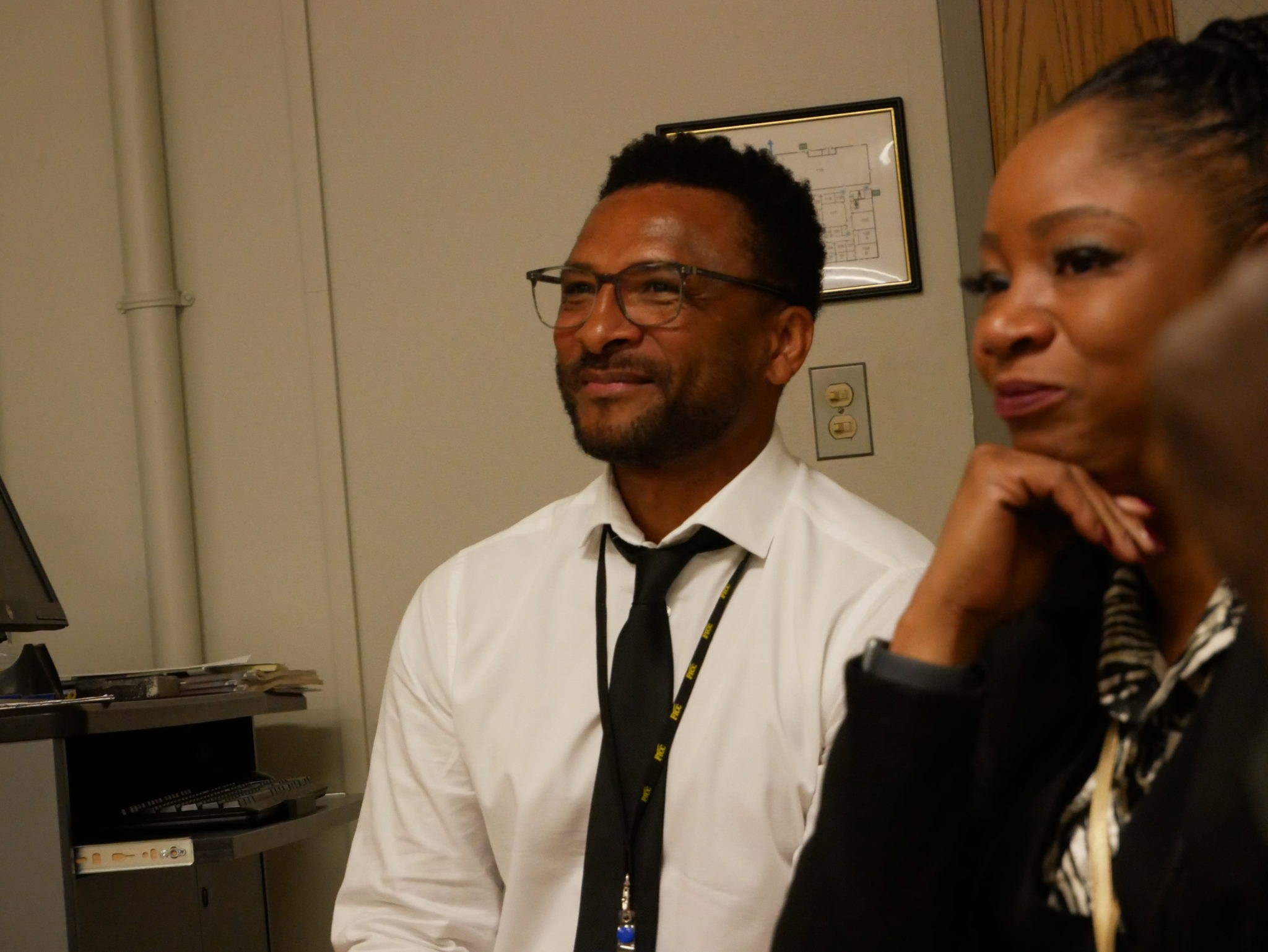
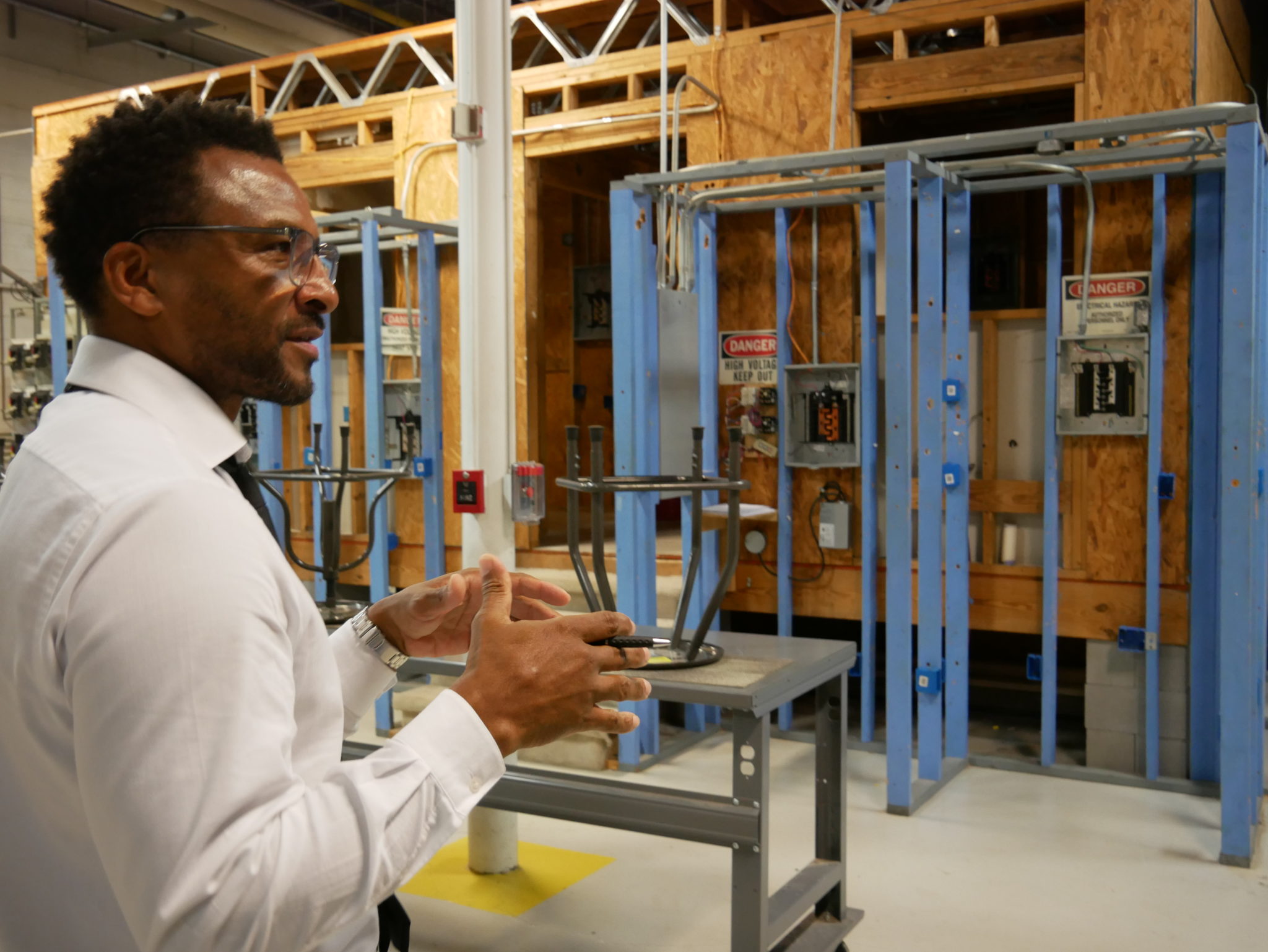
“It shows the resilience of this population that is quite often not promoted or talked about,” said Marvin Price, director of strategic community initiatives at the college’s Career and Education Success Center. Sorrells pointed to Price’s leadership as integral to the program’s success. So have many students.
“The acronym H.O.P.E. defines those individuals, so this is what we provide — hope,” Price said. “It’s a pathway out of poverty.”
Partnerships to fill workforce gaps
H.O.P.E. Re-connect — with the acronym standing for Hope, Opportunity, and Prosperity through Education — is the college’s broader effort to support adult learners who don’t have college degrees in finding training and jobs. The program, partly supported by $2 million in American Rescue Plan funds, provides stipends to students who are earning credits while participating in work-based learning programs. Cumberland GROW students also have access to those paid internships.
A recent economic impact study found that one out of 27 jobs in Cumberland County is supported by FTCC’s activities and students. In 2019-20, alumni from the college added $367.7 million in added income in the county, the equivalent of 5,661 jobs.
H.O.P.E. is just one example of the college’s partnerships with employers to meet local needs.
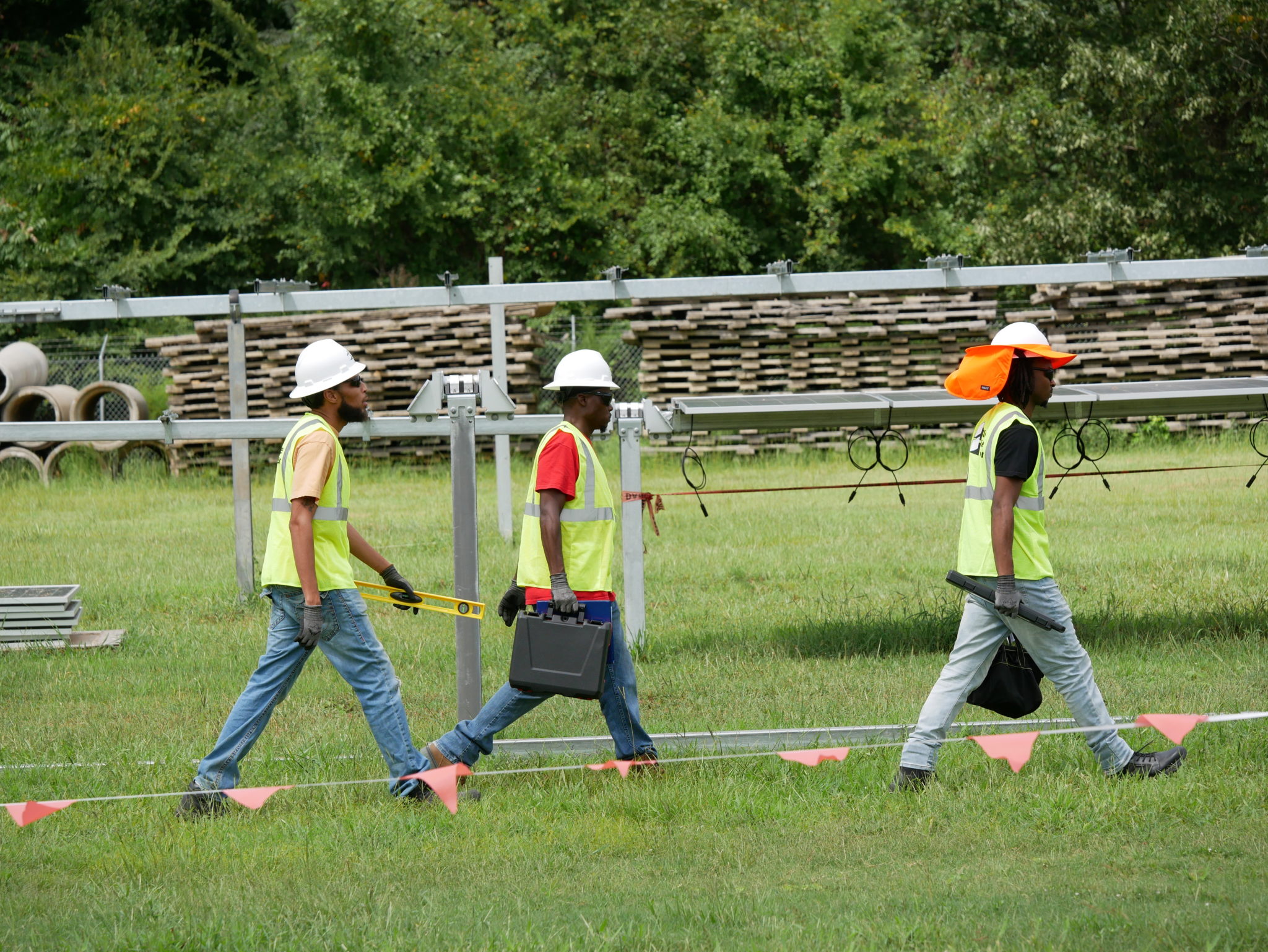
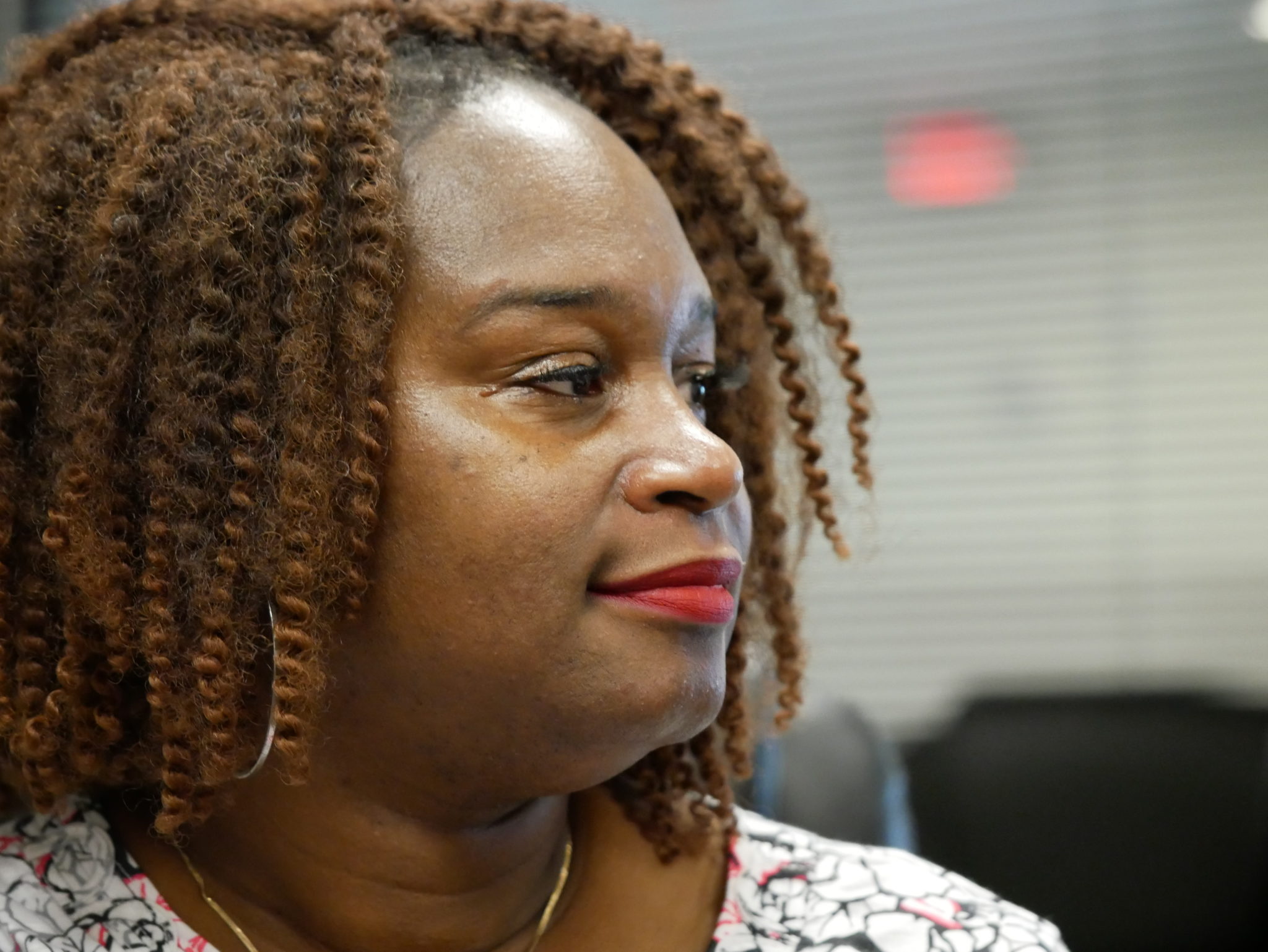
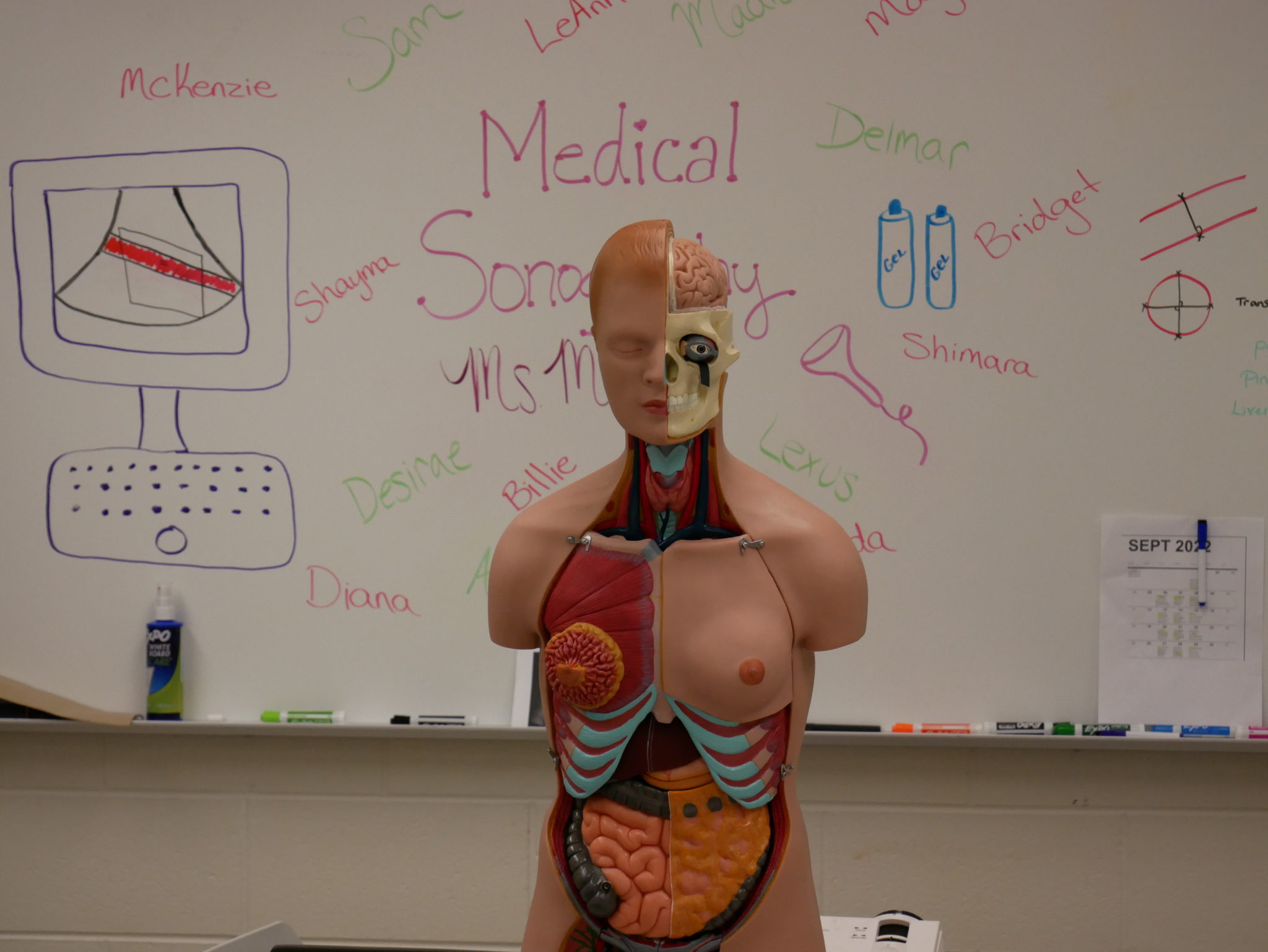
It has partnered with Cape Fear Valley Health System to meet specific workforce needs in the last couple of years, including expanding its respiratory technician program since the pandemic. The college is launching a pre-apprenticeship program in January for high school students who are earning credits at FTCC that will lead to apprenticeships with Blue Ridge Power, a local solar construction company. And it has partnered with multiple cybersecurity employers, including Booz Allen, to ensure that students fill industry needs.
“When I got here, it opened up a different world,” said Tychinna Corpening, a graduate of FTCC’s cybersecurity program. After graduation, Corpening didn’t get the job she wanted. So she came to work at a data labeling lab on FTCC’s campus. Within less than a week, an instructor told Corpening about a scholarship opportunity to earn her bachelor’s through the Department of Defense — with a guaranteed job afterward.
She was one of 111 people selected from more than 1,000 applicants throughout the country and is earning her bachelor’s in governance, risk management, and compliance at Montreat College.
“I wanted to do it all on my own… because I was used to doing things alone, but I found out, no, not here,” Corpening said. “It’s a family.”
‘Now I know where I’m heading’
This week, 12 more students will graduate from Cumberland GROW. One is starting a paid internship with the City of Fayetteville, three have enrolled in curriculum courses, and three have enrolled in the college’s welding program.
Sorrells said that employers often are at the graduation ceremony. “A few (students) have walked away at graduation with a job,” he said.
Bendu Jegede has enrolled in civil engineering after the course opened her eyes to options she’d never considered, she said.
“It gave me the insight on what I truly wanted to do,” Jegede said. Sorrells let her know that the college has an articulation agreement for transferring civil engineering students with North Carolina A&T University.
For now, Jegede wants to find a job in construction while she continues her education.
“Now I know where I’m heading because I have a goal — I have a long-term goal of getting a degree, and I have a short-term goal of getting the certification from here and working. So I feel fulfilled.”
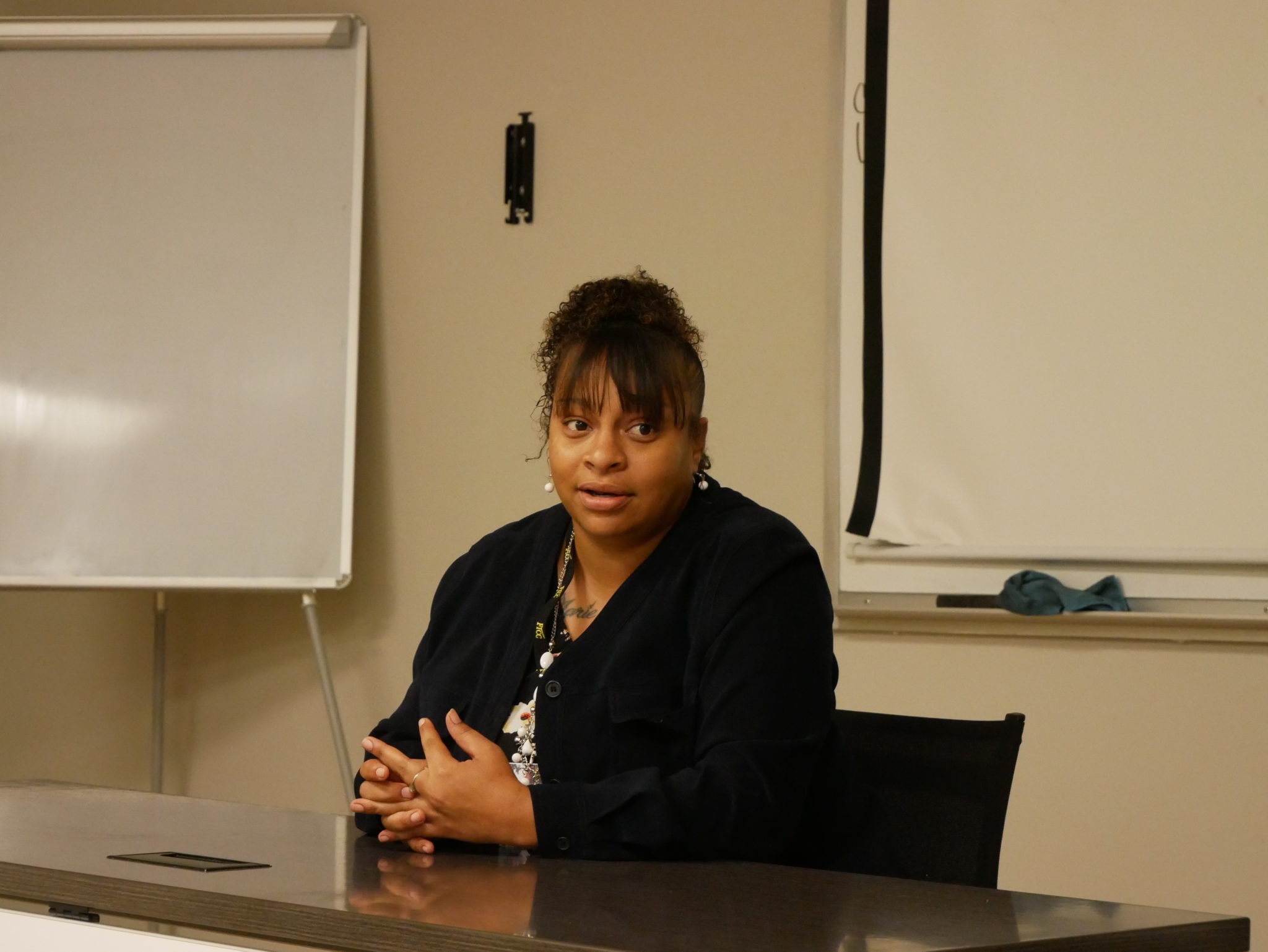
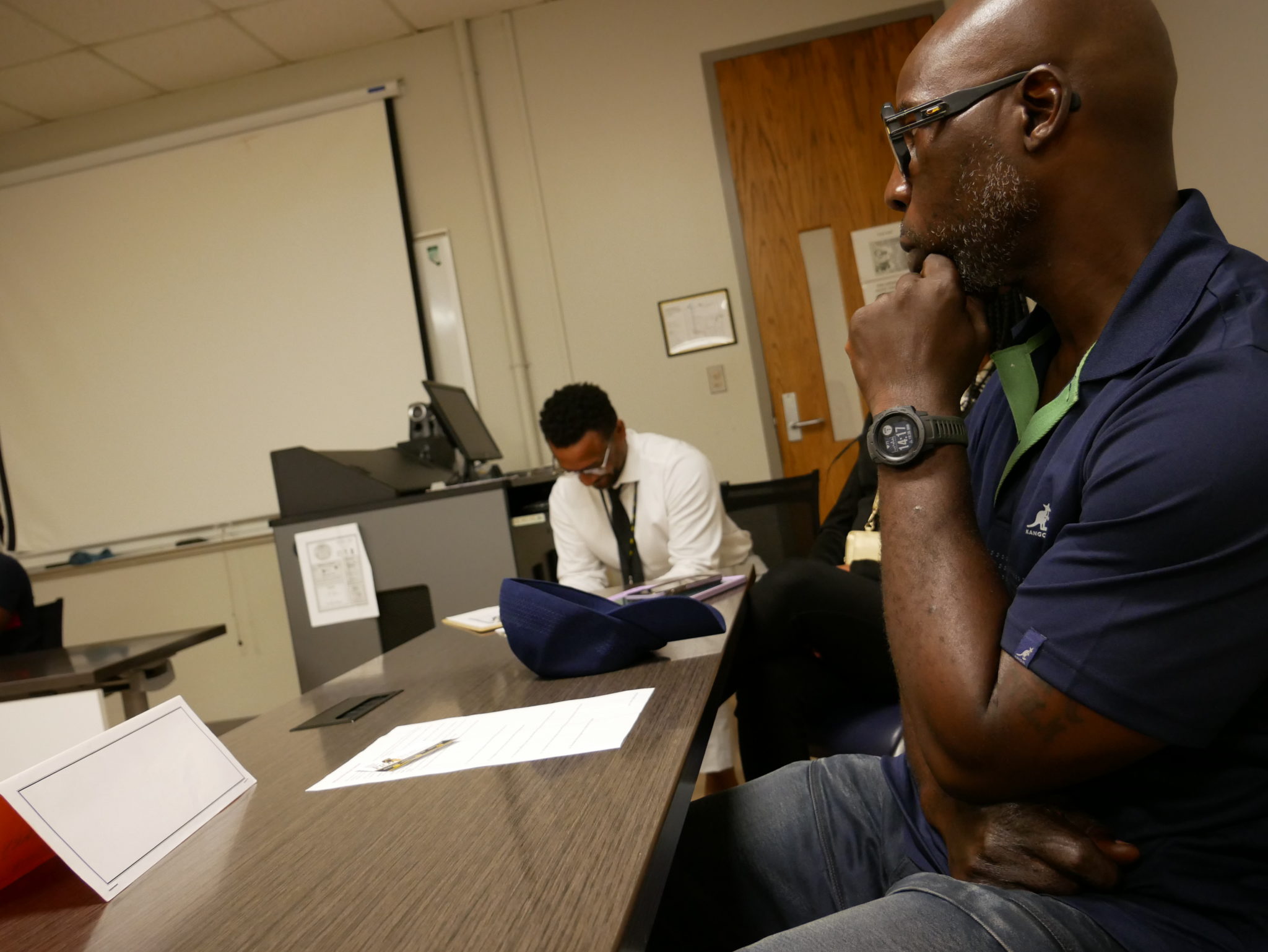
Andrea Williamson also will graduate this week and hopes to start a paid internship at Fay Block, a masonry supply company in the area. She said the community she has found through her classmates and the program’s faculty has been important in completing the course.
“I’ve met a lot of great people here,” Williamson said. “We’re definitely like family. Especially with going through difficult times in life, we’ve all kind of been there for each other, the staff and the students, we’re able to help each other push to the end of the 11 weeks.”
Student Shaquan McSwain echoed that the benefits of the program extended beyond the skills and certifications.
“It’s much more than that,” McSwain said. “… It kind of helped me work out the kinks a little bit, it helped me be able to interact, network better, kind of figuring not only myself out but those around me. It allowed me to put myself in other people’s shoes and see things through their eyes and be more attentive to others’ feelings and the way that they see life. And I figure that’s really important, especially going into the workforce.”
Sorrells responded:
“Pay it forward,” he said. “It’s the little things in life that will make a difference in other people’s path. It’s that little pat on the back; it’s that little word of encouragement. It’s that little nudge when people may be having a bad day that can really make a difference.”
Recommended reading
